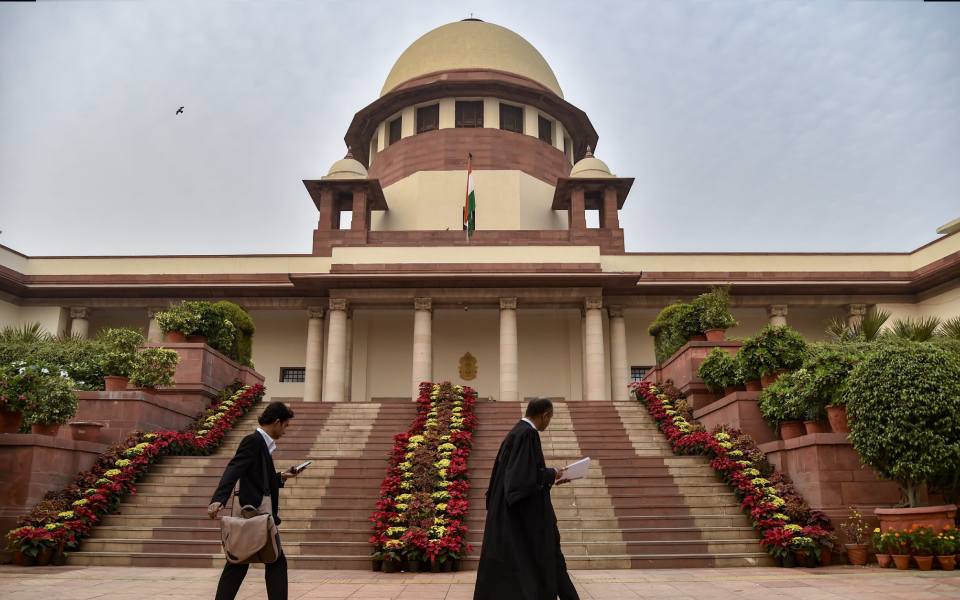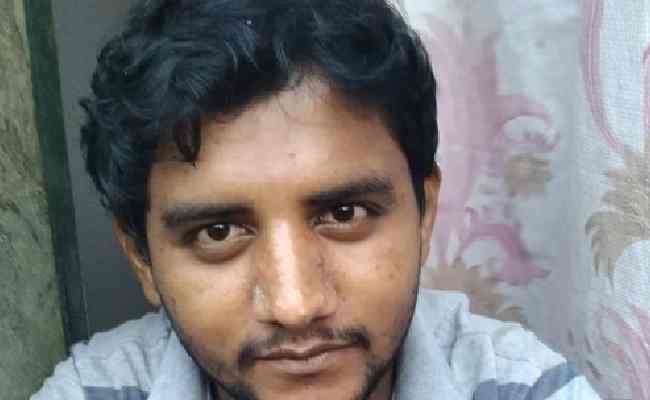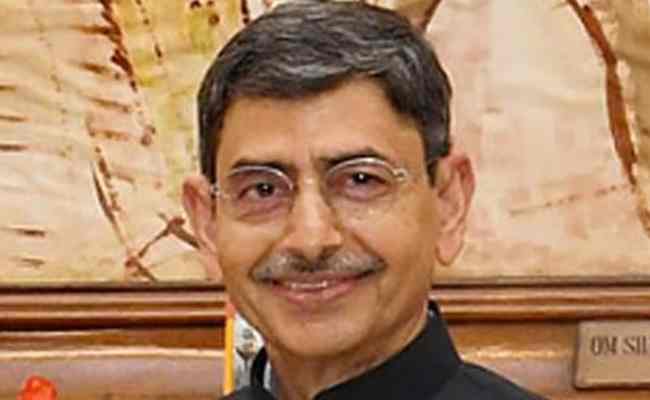New Delhi, Feb 28: In a significant verdict, the Supreme Court Tuesday held that a high court can transfer a civil lawsuit from one state to another if it is common and has jurisdiction over both the states.
The judgement came on a "pristinely legal and novel" issue whether the Supreme Court is the sole repository of power under section 25 of the Code of Civil Procedure (CPC) to direct transfer of a "suit, appeal or other proceeding from a civil court in one State to a civil court in another".
A bench comprising Justices Hrishikesh Roy and Dipankar Datta referred to relevant provisions of the CPC and ruled that the apex court is the sole authority to transfer civil cases from one state to another if the jurisdictional high courts are different.
The top court, however, said that a high court like Gauhati, which is common for Assam, Nagaland, Mizoram and Arunachal Pradesh, cannot be deprived of powers to transfer civil cases from one state to another under its jurisdiction.
"The power under section 24 of the CPC can be exercised by the High Court even for inter-State transfer of a suit, appeal or other proceeding, if it is the common High Court for two or more States under Article 231 of the Constitution and both the Civil Courts (transferor and transferee) are subordinate to it," Justice Roy, writing the judgement for the bench, said.
"From the factual matrix vis- -vis the Constitutional and statutory provisions, there can be no cavil that the courts and tribunals in the States of Assam, Nagaland, Mizoram and Arunachal Pradesh are not only under the superintendence of the Gauhati High Court in terms of Article 227, all district courts and courts subordinate thereto in such States are subject to the control of the Gauhati High Court under Article 235 ...," the bench said.
Dealing with submissions that only the Supreme Court has the power under section 25 of the CPC to order inter-state transfer of civil cases, the 47-page judgement said an approach to construe the provision has to be "fair, pragmatic, reasonable and realistic."
"Any construction of section 25 which would impede access to justice', considered to be a Fundamental Right, has to be eschewed," it said.
A narrow interpretation imposing a bar for entertainment of an application for transfer of a suit, appeal or other proceeding by a common High Court like the Gauhati High Court in the four States could place a heavy burden and might pose an insurmountable obstacle for litigants of the far-flung areas of the North-East, if they were made to approach the top court, it said.
The legal issue had arisen in a case filed by one Shah Newaz Khan who had moved the Gauhati High Court for transfer of his civil case from the court of the district judge at Dimapur in Nagaland to Assam.
Seeking transfer, Khan had alleged that he was facing hostile circumstances in Nagaland.
The Gauhati High Court held that it lacked the power which can solely be exercised by the Supreme Court.
Setting aside the decision, the apex court set the law straight and asked the high court to decide the transfer plea of Khan afresh.
Let the Truth be known. If you read VB and like VB, please be a VB Supporter and Help us deliver the Truth to one and all.
Mumbai (PTI): The gunning down of Badlapur case accused Akshay Shinde on Monday was the "killing of justice", said Asim Sarode, lawyer for the two minor girls he allegedly sexually assaulted.
Shinde was killed near Mumbra Bypass around 6:15pm when he allegedly snatched the gun of a policeman while he was being ferried in a police vehicle as part of a probe into a case registered on the complaint of his former wife.
After he shot and injured an API, another personnel from the escort team fired at him, and he was declared dead by doctors at a nearby hospital.
"While representing the two minor girls, I noticed it was becoming uncomfortable for the local politics of the Thane district and even for the educational institution where Akshay Shinde was working. Shinde's death in such a manner is killing of justice," Sarode told a regional news channel.
"Now, the case of sexual assault of the two minor girls will get sidelined. The case of these two minor girls was becoming difficult for the educational institute, as it is affiliated with a certain political family. Such a practice would lower the confidence of people in police and the judiciary," he claimed.
Sarode said he will be filing a plea before the Bombay High Court demanding thorough inquiry into the firing incident.
"Shinde's case could have brought up certain aspects that would have been negative politically for the government. I wonder how Shinde could access the gun and how he could unlock it when his hands were tied. This is political murder and is absolutely wrong," he said.





